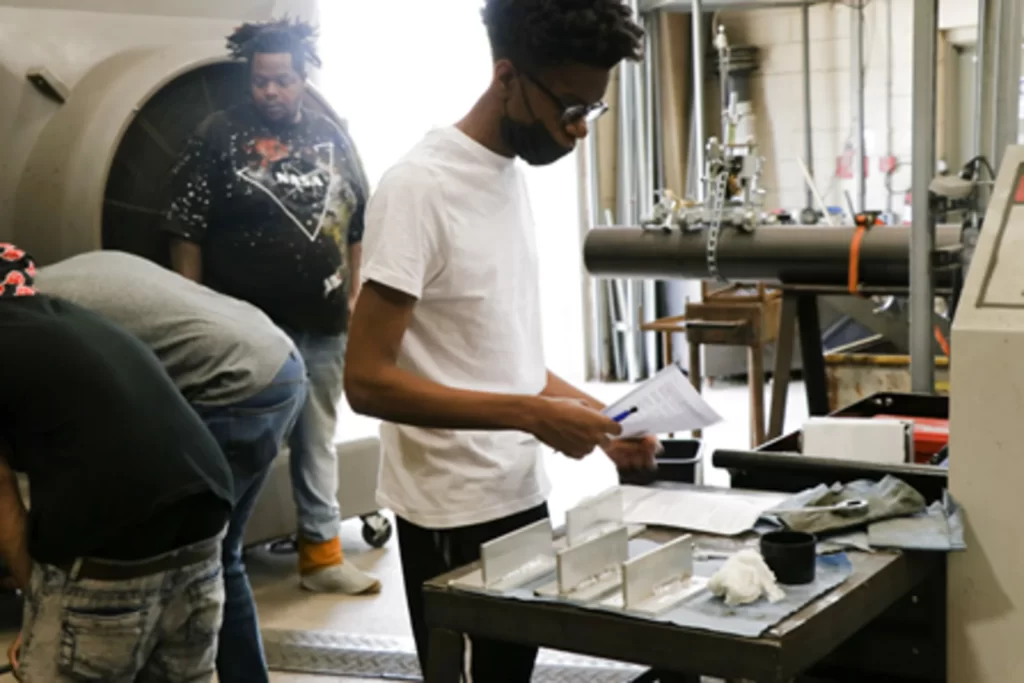Skilled trades workers play an important role in our society by providing essential services such as construction, electrical work, plumbing, and automotive repair. As the trained professionals of their industry, skilled trades workers have to meet specific industry standards and ensure the safety and integrity of their profession.
Safety Of Clients
The first and foremost ethical responsibility of skilled trades workers is to prioritize the safety of their clients. This includes following all relevant safety regulations, using proper equipment, and ensuring that their work meets or exceeds industry standards. For example, to ensure the quality of a building, a construction worker has to stick to building codes and safety guidelines.
An electrician must follow proper wiring protocols to prevent electrical fires and shocks. A plumber must install pipes and fixtures correctly. The ethical duty of tradespeople is to prioritize clients’ safety. Ensuring the safety of clients is essential to make a career in trades.

Skilled tradespeople are responsible for acting with honesty and transparency in their work. They should also be open to feedback and address complaints. Honesty and transparency are essential to building trust and maintaining a positive reputation in trade jobs.
Skilled tradespeople also have an ethical responsibility to uphold the standards of their profession. This means adhering to a code of ethics and committed to ongoing education and professional development. It is essential for tradespeople to stay up to date with the latest industry standards and regulations. They should also be aware of new technologies and techniques.
Another ethical responsibility of skilled tradespeople is to treat their clients and fellow tradespeople respectfully and professionally. This includes punctuality, communicating clearly and effectively, and behaving courteously and respectfully. All these factors are essential to make a career in trades.
Tradespeople should also be mindful of their actions and language on the job site and avoid discriminatory or harassing behavior. Tradespeople have to treat others with respect and professionalism. It helps create a positive work environment and encourages a culture of inclusivity and diversity.
Skilled tradespeople must act in accordance. Technician schools ensure trade workers work in harmony. They minimize waste, reduce energy consumption, and use eco-friendly products. Construction workers can incorporate green building practices.
In conclusion, skilled trade workers have several ethical responsibilities that they must follow. Trade programs at PTTI teach trade workers the moral duties of skilled trades jobs.
By prioritizing safety, honesty, professionalism, ongoing education, respect, and environmental responsibility, tradespeople can build trust and maintain a positive reputation in their industry. Every skilled tradesperson is responsible for taking these ethical obligations seriously and striving to provide the best possible service to their clients and community.
Read More: